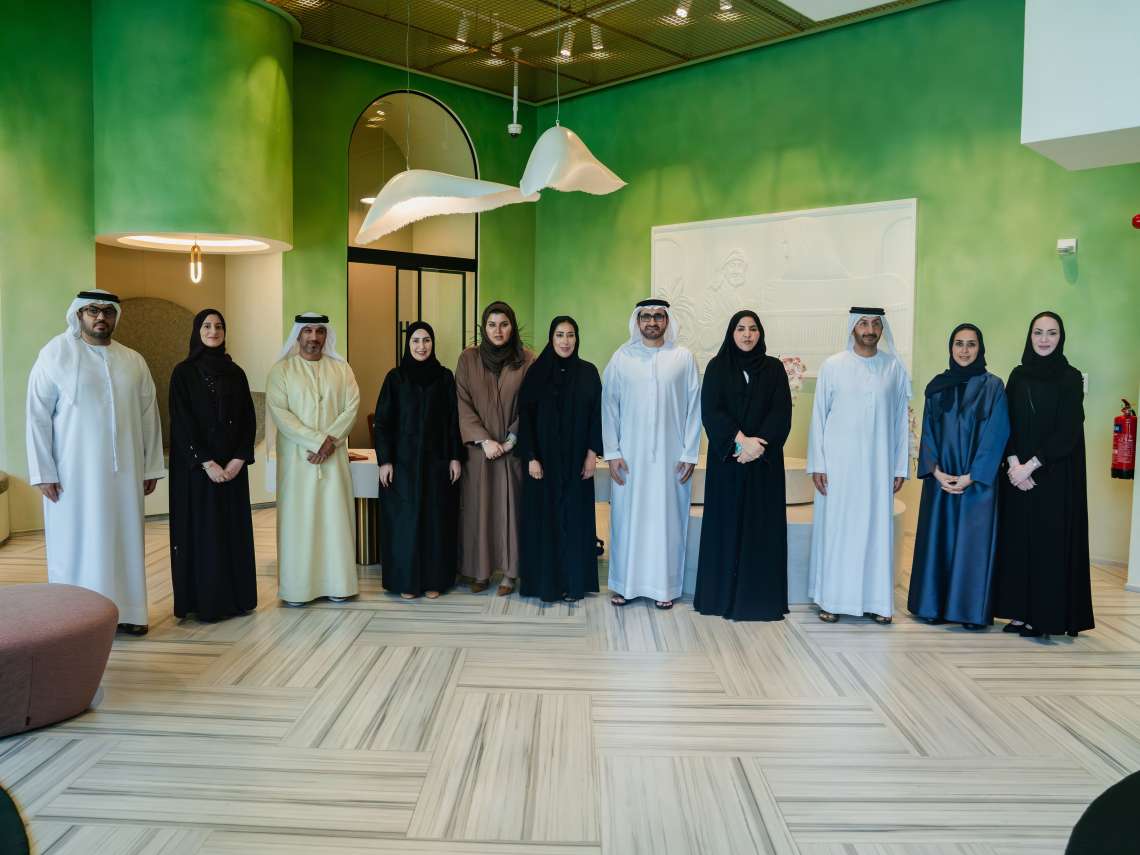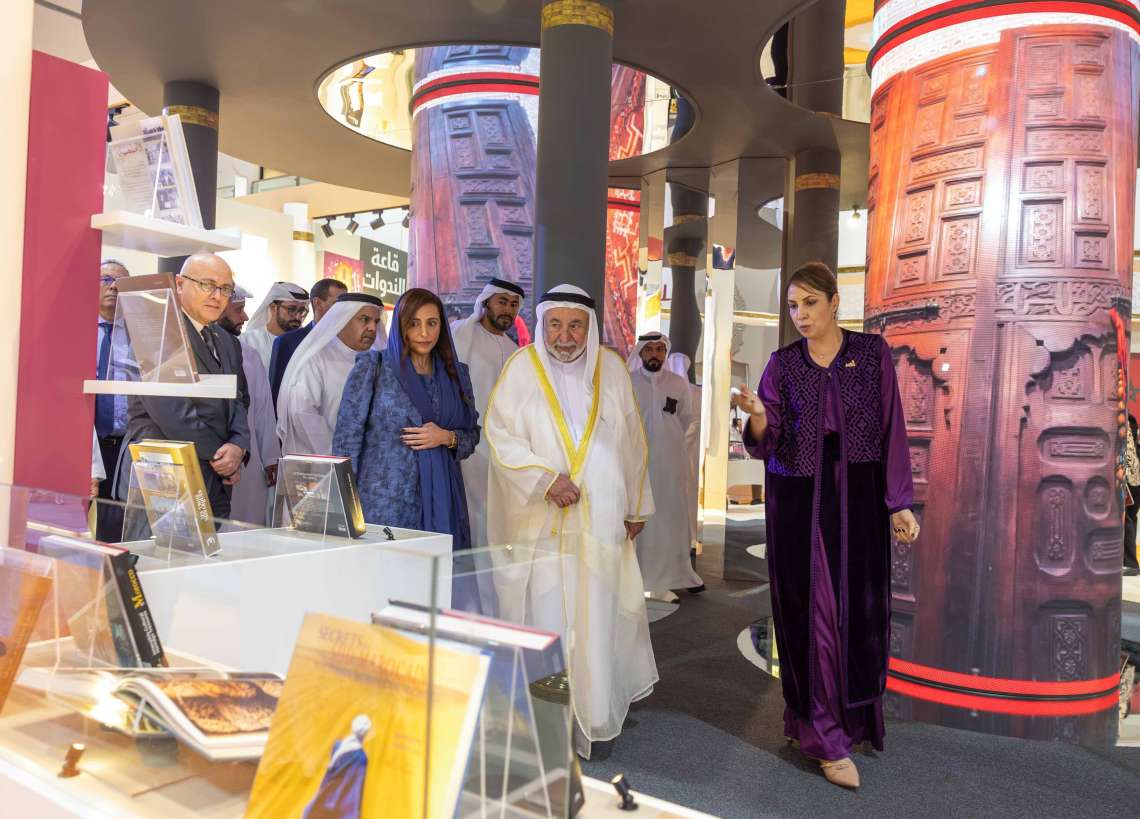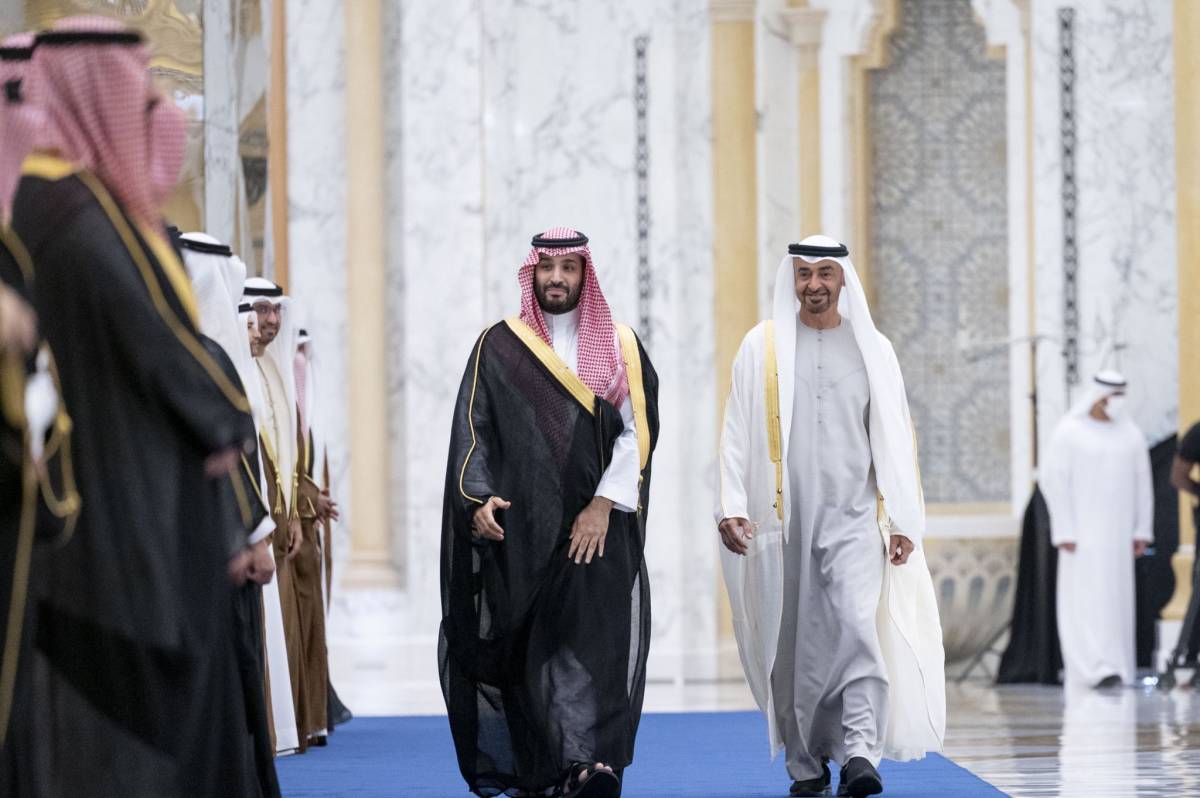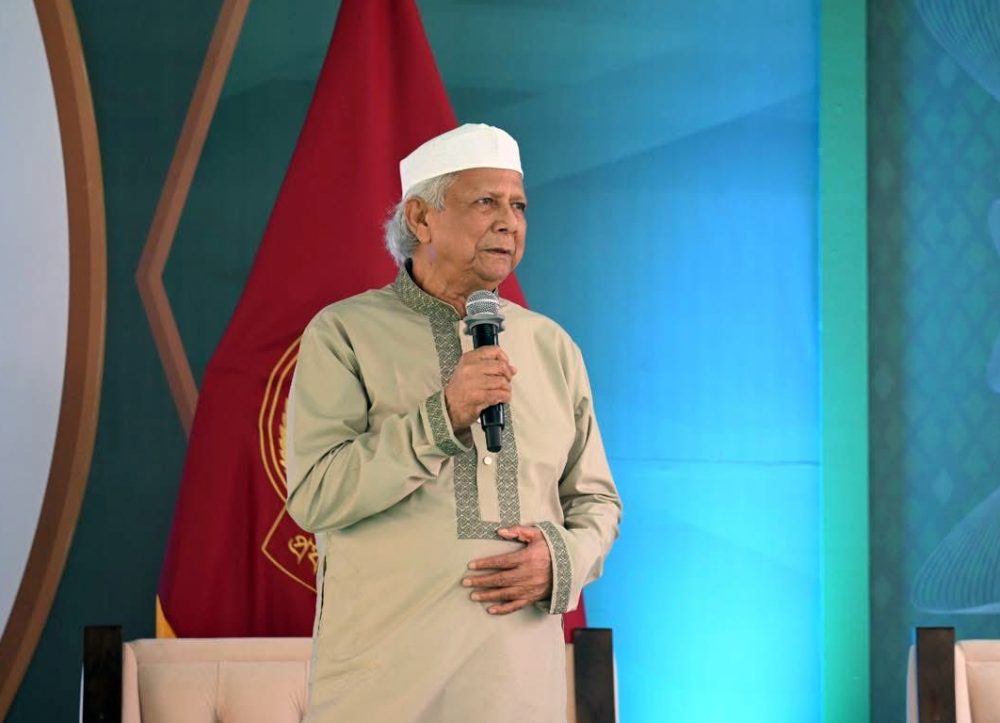The UAE is the first nation in the world to introduce a national working week shorter than the global five-day week…reports Asian Lite Newsdesk
The UAE Government is to adopt a new four and a half day working week, effective from 1st January, 2022.
The move applies to Federal government entities and comes alongside new working hours, with Monday to Thursday workdays now starting at 7:30 am and ending at 3:30 pm, and Friday working hours from 7:30 am – 12:00 pm.

Alongside the move, Friday sermons and prayers across the UAE will be held from 1:15 pm. Government staff will have the flexibility to make arrangements to work from home on Fridays, as well as to arrange their working hours on a flexi-time basis.
The UAE is the first nation in the world to introduce a national working week shorter than the global five-day week.
The extended weekend comes as part of the UAE government’s efforts to boost work-life balance and enhance social wellbeing, while increasing performance to advance the UAE’s economic competitiveness.
Adopting an agile working system will enable the UAE to rapidly respond to emerging changes and enhance wellbeing in the workplace.
From an economic perspective, the new working week will better align the UAE with global markets, reflecting the country’s strategic status on the global economic map. It will ensure smooth financial, trade and economic transactions with countries that follow a Saturday/Sunday weekend, facilitating stronger international business links and opportunities for thousands of UAE-based and multinational companies.
ALSO READ: UAE leaders witness launch of AED50 banknote
The new working week will also bring the UAE’s financial sector into closer alignment with global real-time trading and communications-based transactions such as those driving global stock markets, banks and financial institutions. The move is expected to boost not only trading opportunities but also add to the flexible, secure and enjoyable lifestyle the UAE offers to its citizens and residents.
The Federal Authority for Government Human Resources proposed the new workweek following comprehensive benchmarking and feasibility studies reflecting potential impacts of the move on the economy, social and family ties and the overall wellbeing of people in the UAE.
‘Boost to labour market’
Dr. Abdulrahman Al Awar, Minister of Human Resources and Emiratisation, has emphasized the importance of the new working week system, saying it will help boost the labour market.
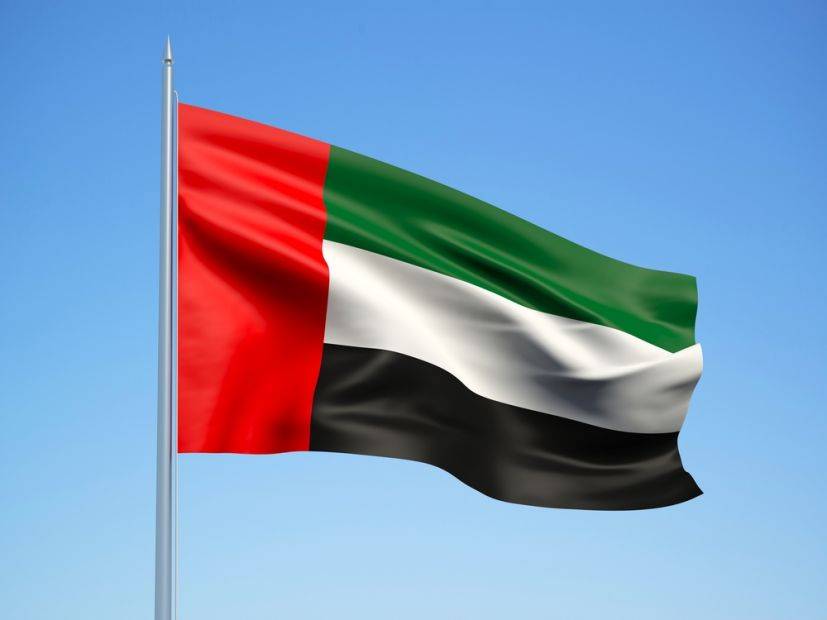
“The new system will reposition the labour market as a global market and a key driver of national economy,” Al Awar stated.
He indicated that the new system would enable continuity of external transactions for the private sector’s companies and entities, hence safeguarding investors, and business owners’ interests.
“This will reflect positively on the workers in various business sectors and lead to increased productivity,” he added.
Al Awar underlined the role of the decree law on the regulation of labour relations in the private sector, which will take effect from February 2, 2022, in providing further flexibility to the labour market.
The decree law stipulates that workers are entitled to at least a paid, weekly rest day, to be specified in the employment contract or in the organisation’s executive regulations, with the possibility of increasing the weekly rest day at the discretion of the employer, or by a cabinet resolution.
Dr. Abdulrahman Al Awar urged the private companies and establishments to maximise benefits from the new system by amending their internal rules and regulations in a way that will fit to their respective activities and at the same time, guarantee a supportive and balanced work environment to the employees.
He also stressed the need for the business owners to fulfil their legal commitments towards the employees by ensuring that maximum working hours are maintained and rest days, annual leaves are granted as per the employment contracts and that ample breaks are given to the employees to perform Friday prayer.




